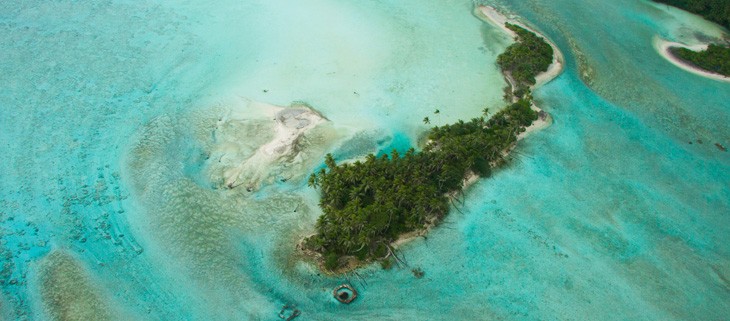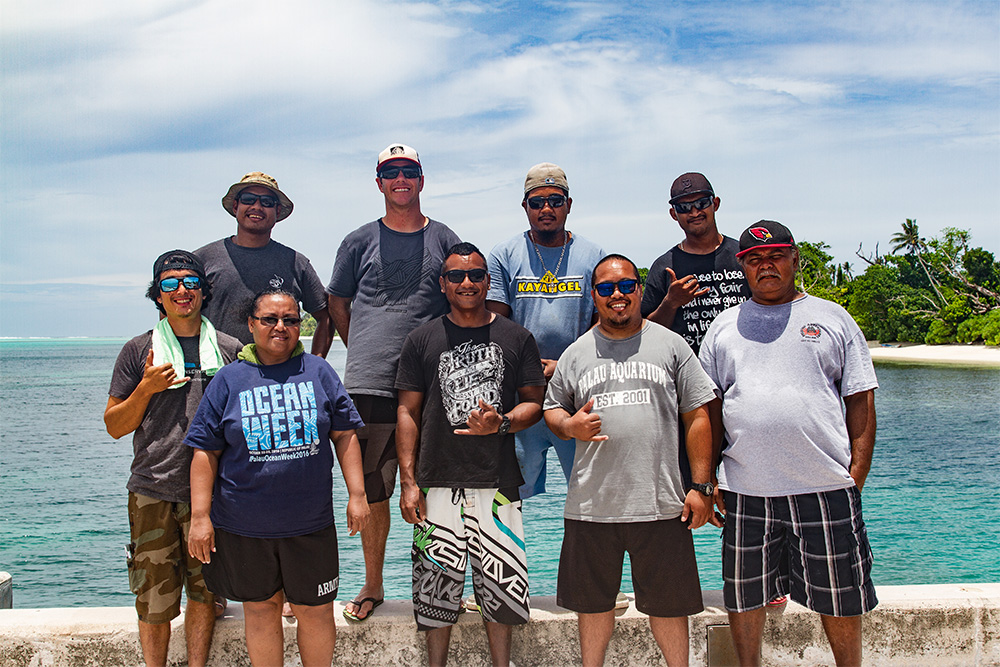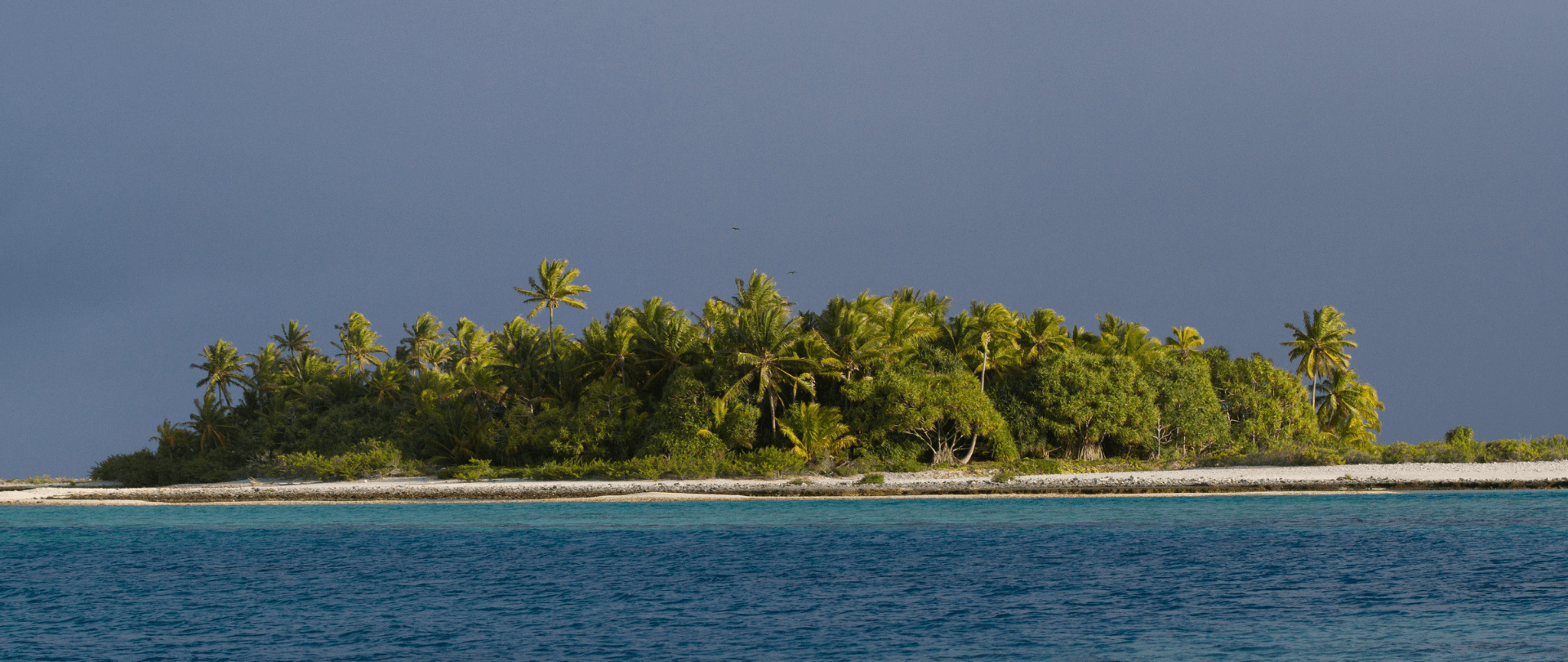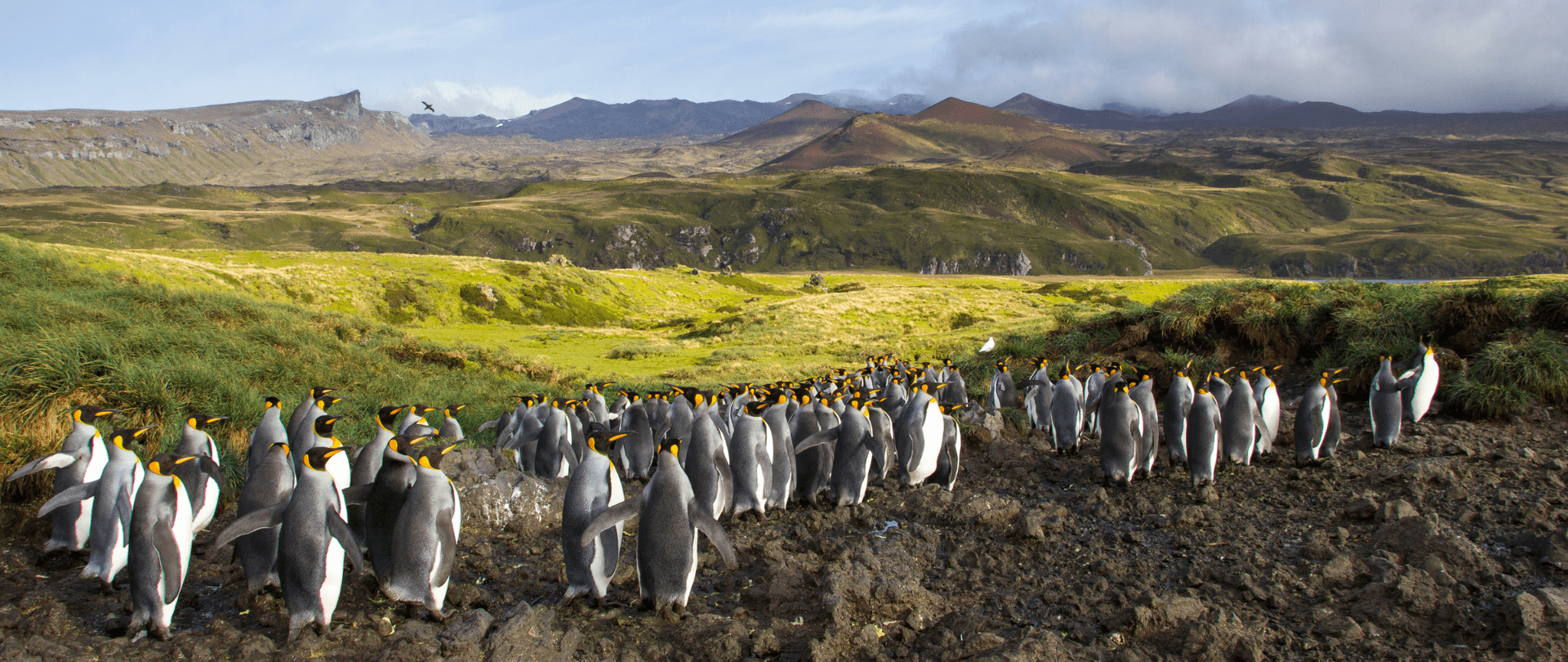The Ebiil Society: Champions of Palau
Ann Singeo, founder of our partner organization the Ebiil Society, shares her vision for a thriving Palau and a flourishing world of indigenous science!
Our new online shop is live!
Published on
May 13, 2019
Written by
stephanie
Photo credit
stephanie

A recent UN report, the IPBES Global Assessment, provides further evidence that we are currently on the verge of Earth’s sixth mass extinction and it is occurring at a more rapid rate than any other mass extinction in human history. The report suggests that as many as one million plant and animal species are currently threatened with extinction within the coming decades.
Though the outlook may seem grim, it is not a time to lose hope. The report suggests there is still time to turn things around:
Through ‘transformative change,’ nature can still be conserved, restored and used sustainably – this is also key to meeting most other global goals. By transformative change, we mean a fundamental, system-wide reorganization across technological, economic and social factors, including paradigms, goals, and values.”
The report was put together by 145 experts from 50 countries over the past three years. It demonstrates the connection between current economic development frameworks and their influence on natural systems and overall ecosystem health.
A key point from the UN report is the impact of invasive species. The report suggests that invasive species have increased by 70% across 21 countries. This impact could be even more dire, as the countries measured were only those with detailed records. Further population surveys in areas with sparse data could demonstrate an even larger hindrance to native flora and fauna due to invasive species. Islands are some of the hardest hit by the threat of invasive species, but also provide has a clear solution for saving biodiversity.
Although islands represent only 5.3% of the Earth’s land mass, they are home to 19% of avian biodiversity and 41% of all Critically Endangered and Endangered terrestrial vertebrates. Focusing on islands serves as a clear path to preserving biodiversity. The path for preventing extinctions was recently laid out in a study that identified 169 islands where restoration is feasible by 2030 and would help prevent the extinction of nearly 10% of threatened island species.

The study also pointed to rapid agricultural expansion has fragmented crucial plant and animal habitat, especially in the tropics, a region that contains some of the most biodiverse ecosystems on the planet. In addition, policy and societal shifts have not been sufficient in stopping these massive losses. Prof. Settele, a contributor to the report stated:
Ecosystems, species, wild populations, local varieties and breeds of domesticated plants and animals are shrinking, deteriorating or vanishing. The essential, interconnected web of life on Earth is getting smaller and increasingly frayed.”
Though there is clearly a reason to be concerned, the UN report demonstrates that with continued effort there is hope for wildlife. Removing invasive species from islands, where the majority of the world’s biodiversity is contained, allows us to restore native habitats and help native species to be more resilient in the face of the impacts of climate change. This is only one of the many ways we can help prevent extinctions.
Read the full report here.
Source: United Nations
Featured Photo: Palmyra Atoll. Credit: Island Conservation
Check out other journal entries we think you might be interested in.

Ann Singeo, founder of our partner organization the Ebiil Society, shares her vision for a thriving Palau and a flourishing world of indigenous science!

This historic agreement aims to protect the marine and coastal areas of the Southeast Pacific.

Our projects to restore key islets in Nukufetau Atoll forecast climate resilience and community benefits in Tuvalu!

Island Conservation and partners have published a new paper quantifying ecosystem resilience on restored islands!

Climate Week NYC: what is it and why is it important? Read on to find out why Island Conservation is attending this amazing event!

With sea levels on the rise, how are the coastlines of islands transforming? Read on to find out how dynamic islands really are!

Join us in celebrating the most amazing sights from around the world by checking out these fantastic conservation photos!

Rare will support the effort to restore island-ocean ecosystems by engaging the Coastal 500 network of local leaders in safeguarding biodiversity (Arlington, VA, USA) Today, international conservation organization Rare announced it has joined the Island-Ocean Connection Challenge (IOCC), a global effort to…

Island Conservation accepts cryptocurrency donations. Make an impact using your digital wallet today!

For Immediate Release Conservation powerhouse BirdLife South Africa has joined the Island-Ocean Connection Challenge (IOCC) – a global initiative aiming to restore, rewild and protect islands, oceans and communities – to support its work to save internationally significant albatross populations…